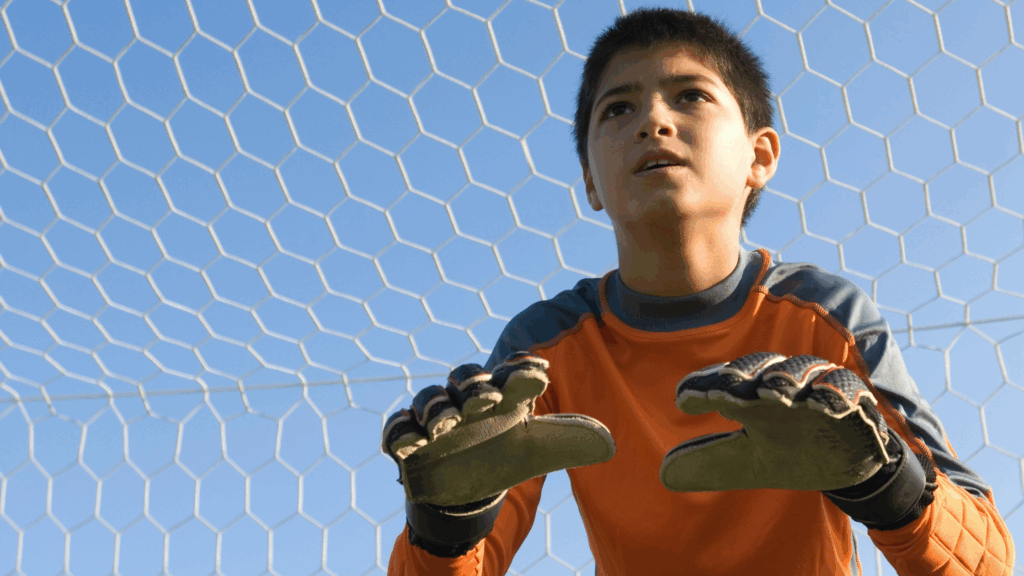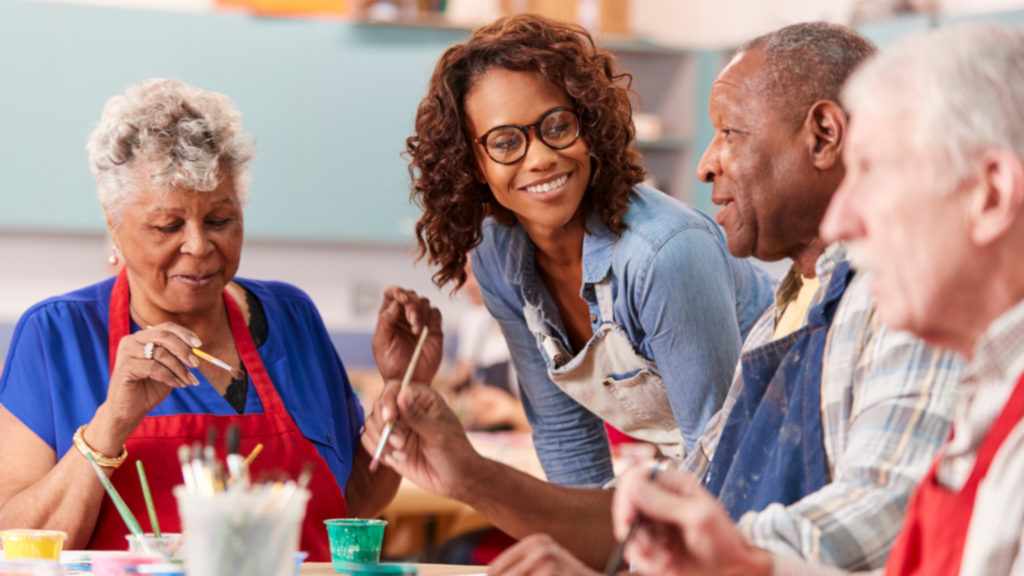 Shortly after I moved to California in 1992, there was a story in the local paper about a woman who landed at the airport thinking she was in San Jose, Costa Rica. She took a taxi to her hotel, went to bed, and only realized the next morning at breakfast that she was in San Jose, California. And she did all this speaking only Spanish.
Shortly after I moved to California in 1992, there was a story in the local paper about a woman who landed at the airport thinking she was in San Jose, Costa Rica. She took a taxi to her hotel, went to bed, and only realized the next morning at breakfast that she was in San Jose, California. And she did all this speaking only Spanish.
I spoke no Spanish at the time, but I heard it all around me. I was determined to learn, but I kept failing. Eventually, I went on a brief immersion learning trip to Mexico and picked up some very rudimentary skills. Much later, my wife and I went to Panama for a three-month immersion. I got lots better, but I’m still only at an intermediate level. My wife is advanced but not yet fluent.
My question for you is, who in this story is a Spanish-speaker? Answering that question will help us answer the question of when a seeker is ready to live as a Christian. In a sense, we are asking when she becomes a “Christ-speaker” or an evangelist.

What desire guides us?
When we look at the Samaritan Woman, I think of her life before Jesus arrived as analogous to my time living in the Midwest. I had no desire or need to learn Spanish. She had no desire or need for Jesus. Then she encountered Jesus in a way that changed her life, just as moving to California changed my life.
But at what point did I become a Spanish speaker? I think it was when I read that news story about the Costa Rican traveler. It dawned on me at that moment that San Jose, California, is as much a Spanish-speaking city as it is English-speaking. If this was going to be my home, I had to learn the language.
At what point did the Samaritan Woman become an evangelist? I think it had to be before she left the well to go back into town. It dawned on her that Jesus truly is living water. I think when she went into town, she couldn’t “Christ-speak” at a fluent level—maybe not even at a beginning level. But she could tell her story. And she could bring others to Jesus who could tell them more.
What are your seekers getting ready for?
When I got off the plane on my first learning trip to Mexico, there was no way I was going to mistake Mexico for California. Very few people spoke English. I couldn’t find my school or my lodgings or ask for help in locating them. (This was long before Google Maps and Google Translate). But just being there, struggling to communicate, made me realize I was now part of the community of Spanish-speakers. To this day, I am amazed at how much of my story I was able to share with others with the tiny fragments of Spanish I was able to learn.
Some of our seekers show up like the Costa Rican woman, fluent in the language of “Christ-speak.” Some show up like my wife, pretty advanced but not yet fluent in “Christ-speak.” Some show up like me on that first trip to Mexico, lost, confused, frustrated, but ready to tell their story.
When we are trying to figure out if our seekers are ready, we have to ask: ready for what? Everyone is at a different point on the faith journey and so every seeker will have different discernment questions and needs.
Our first step in discernment is to deeply listen to each seeker and also deeply listen for the promptings of the Holy Spirit. That kind of listening will help us know not only if the seeker is ready, but what they are ready for.
Your turn
When you meet with your seekers, how do you help them talk about what they desire from the catechumenate process? How do you use that desire to guide the way they get ready for baptism? Share your thoughts in the comments below.












